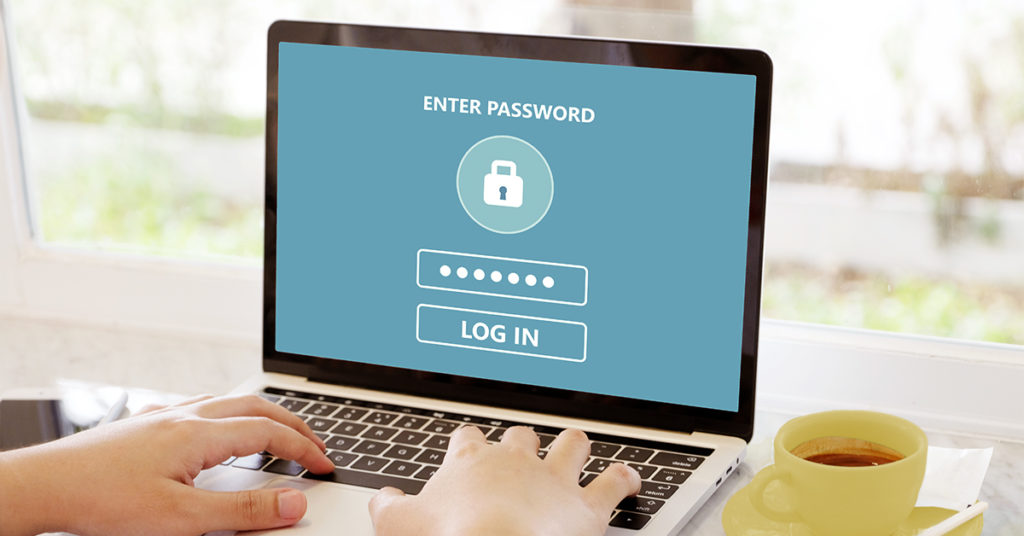What Are the Password Rules for Small Business?

For a small business, passwords can really add up. You use passwords for corporate email accounts, for systems that manage your customer lists, for banks and other financial institutions and perhaps for various apps you use. Some of these passwords might be for the use of your entire company, and some might be logins assigned to individual employees.
Keeping track of all these passwords can be a challenge. It’s important to make sure they’re stored in a way that doesn’t compromise your company’s security or rely on the memory of just one employee (or worse, be taped to one person’s monitor!). Business password management software is a great way to store all those passwords, automatically use them to log in to various sites and control who has access to them.
The password problem
Storing business passwords can be more complex than storing personal passwords, especially when multiple employees have access to passwords.
Solutions that work for your personal password management, like one-person password manager software or creating passwords that are easy for you to remember, won’t work for business password management. That’s why there are software programs specifically designed for businesses.
Business password management software
Choose software that will securely store your business’s passwords, following industry standards for encryption, and allow you to manage who has access to them. Most of these solutions will automatically enter passwords for various applications. And when an employee leaves or no longer needs access to a password, you can revoke access and change those passwords .
Dashlane offers business plans starting at $5/month per user that allow you to define groups of users you specify.. You can also monitor password security and implement two-factor authentication, where people need to confirm their identity before accessing business passwords. Users can access passwords through major operating systems and web browsers on their computers and smartphones.
LastPass, owned by LogMeIn, offers small business plans starting at $3/month per user, with more extensive features like integration with single-sign-on tools available in premium plans. The service also monitors the so-called Dark Web for leaked passwords.
1Password has business plans starting at $4/per month. Like the others, it enables you to store passwords to share with your employees and also enables you to upload and store and share documents. More expensive plans include fine-grained controls and access logging.
Keeper has business plans starting at $3.75/month per user, including individual and shared, encrypted password repositories and activity logging. Premium plans include options for automation, which could be handy if you frequently need to issue password access to new employees or contractors.
KeePass is a free password management tool, best for a small business that is a one- or two-person operation. It generates an encrypted password management file that you can store on your own computers or sync via cloud services.
Free versions of some of the paid password offerings listed above may also be appropriate for a very small business.
Establish business password policies
In addition to using a password manager to store passwords, you’ll want to make and reinforce guidelines for your business and make sure employees follow them.
- Require employees to use a tool in the password manager software to generate secure passwords. Each password they create will have a long random string that is difficult to guess or remember. As you’re storing it in a database, you don’t have to worry that it’s hard to remember.
- Change passwords periodically in case they leak in a data breach at either your business or an outside business where you use the passwords.
- Determine whether you will change passwords when employees who had access to them leave the company. Even if you don’t do so as a blanket policy, you may want to if an employee leaves under contentious circumstances.
- Do not reuse passwords across multiple sites, as if a password is leaked in one place, it may be compromised across the web where it is used.
Prices and product features listed above may have changed and are subject to change.